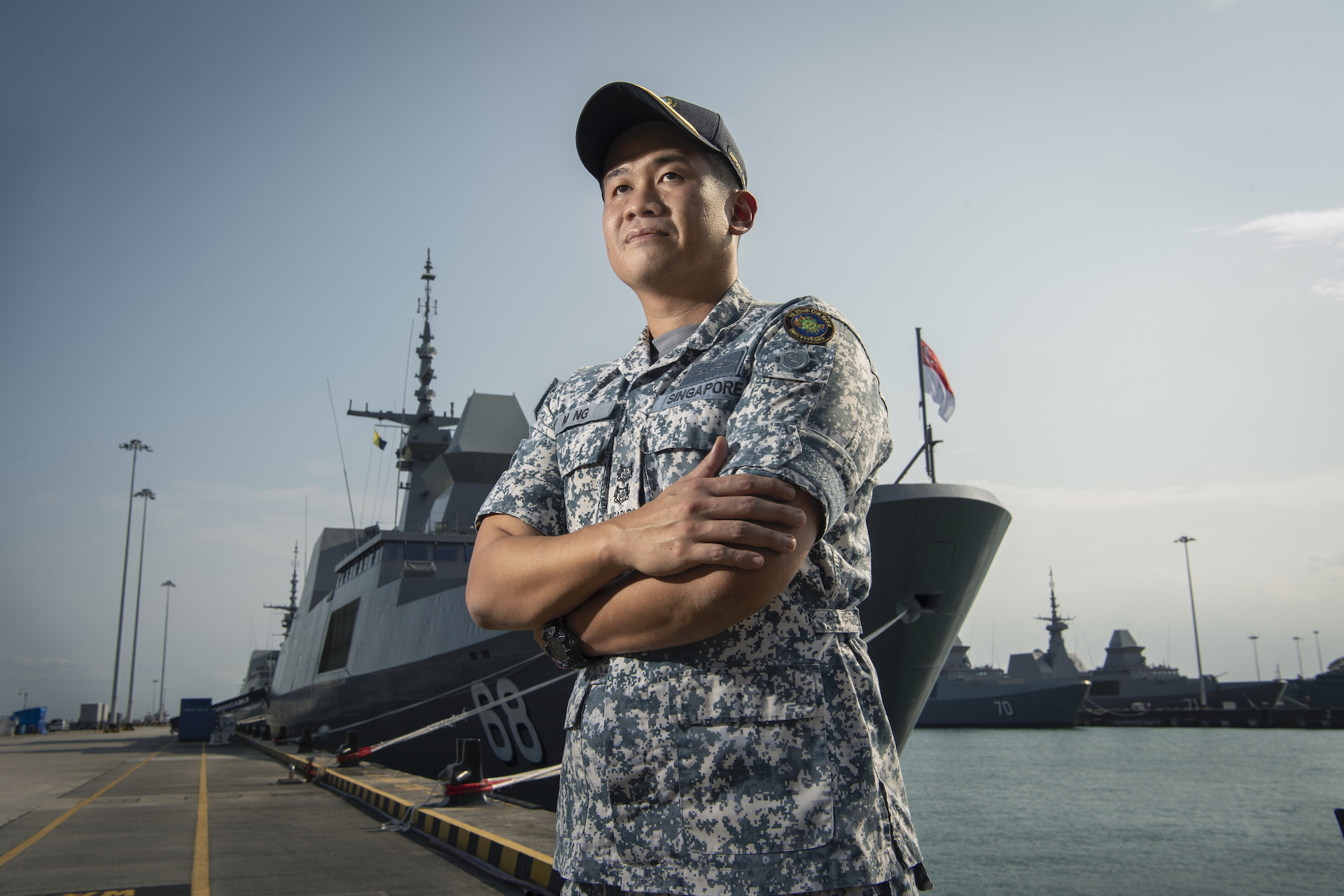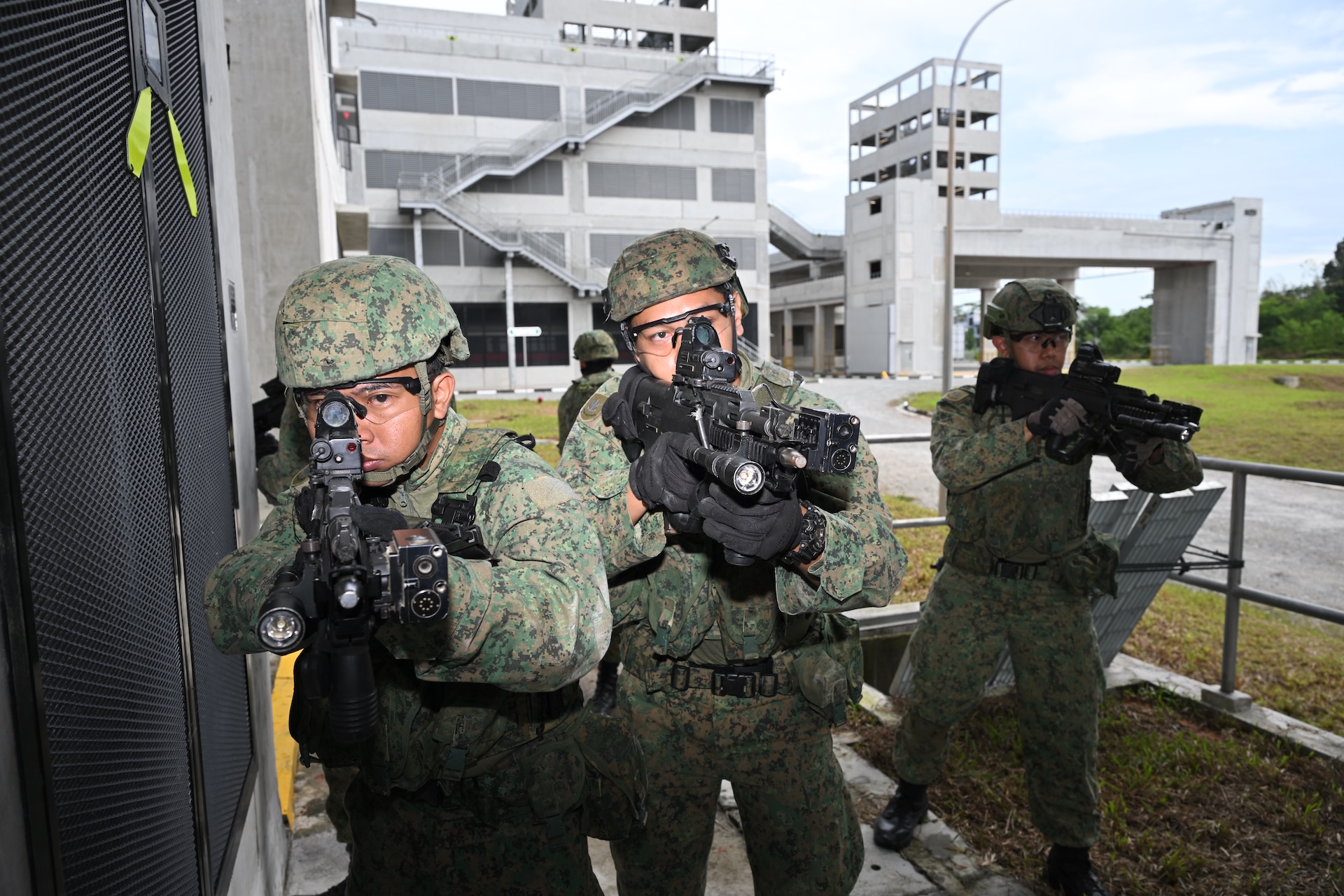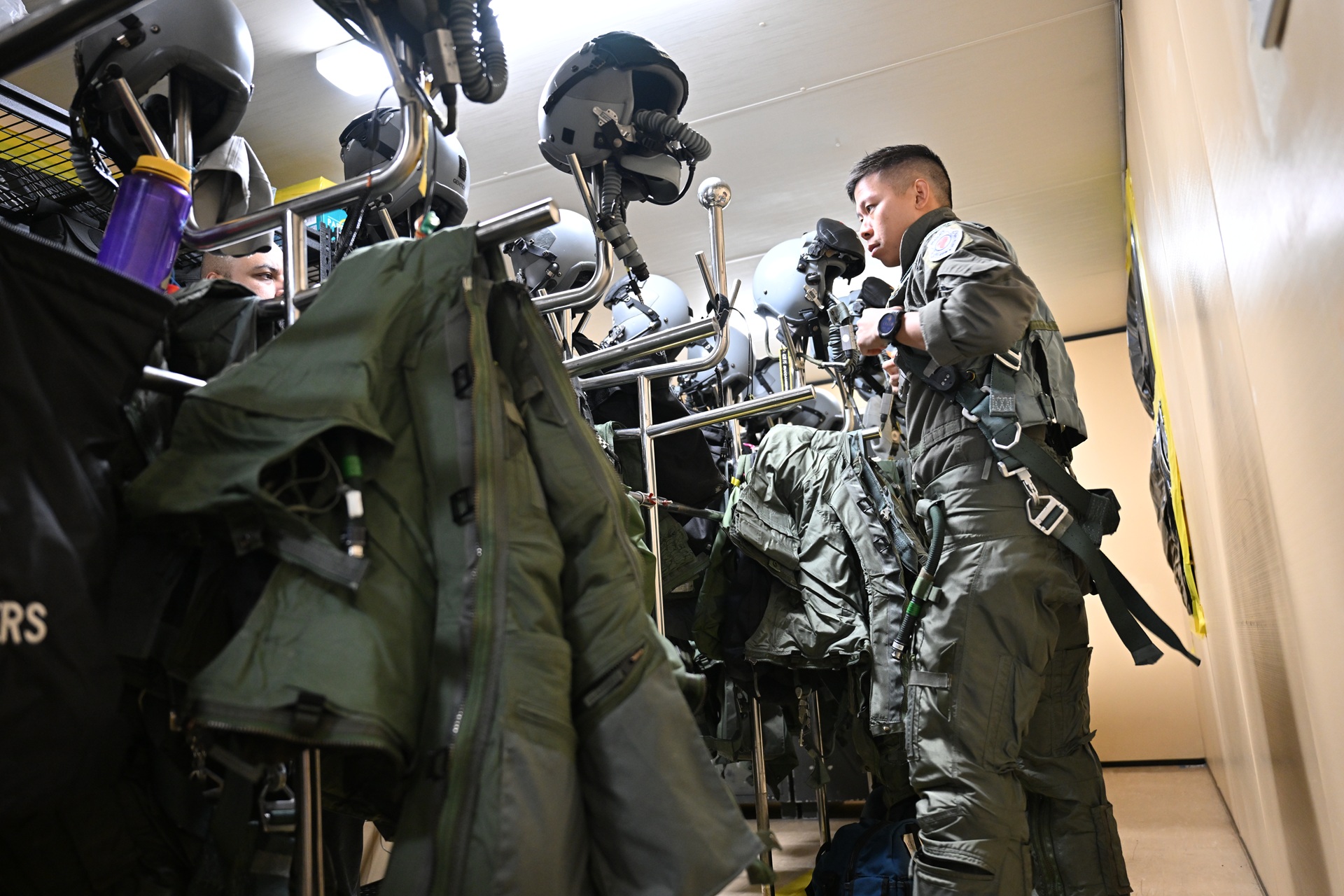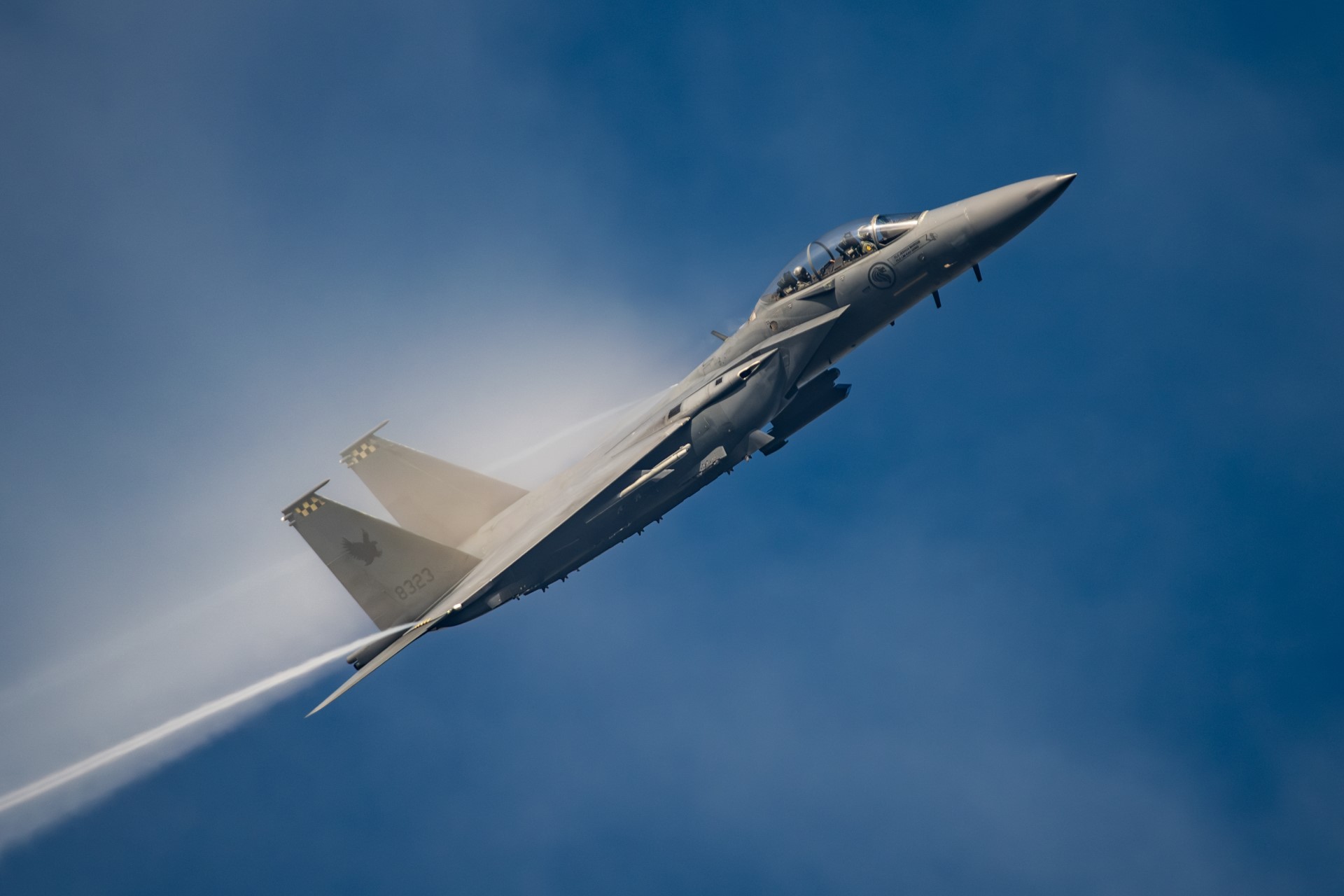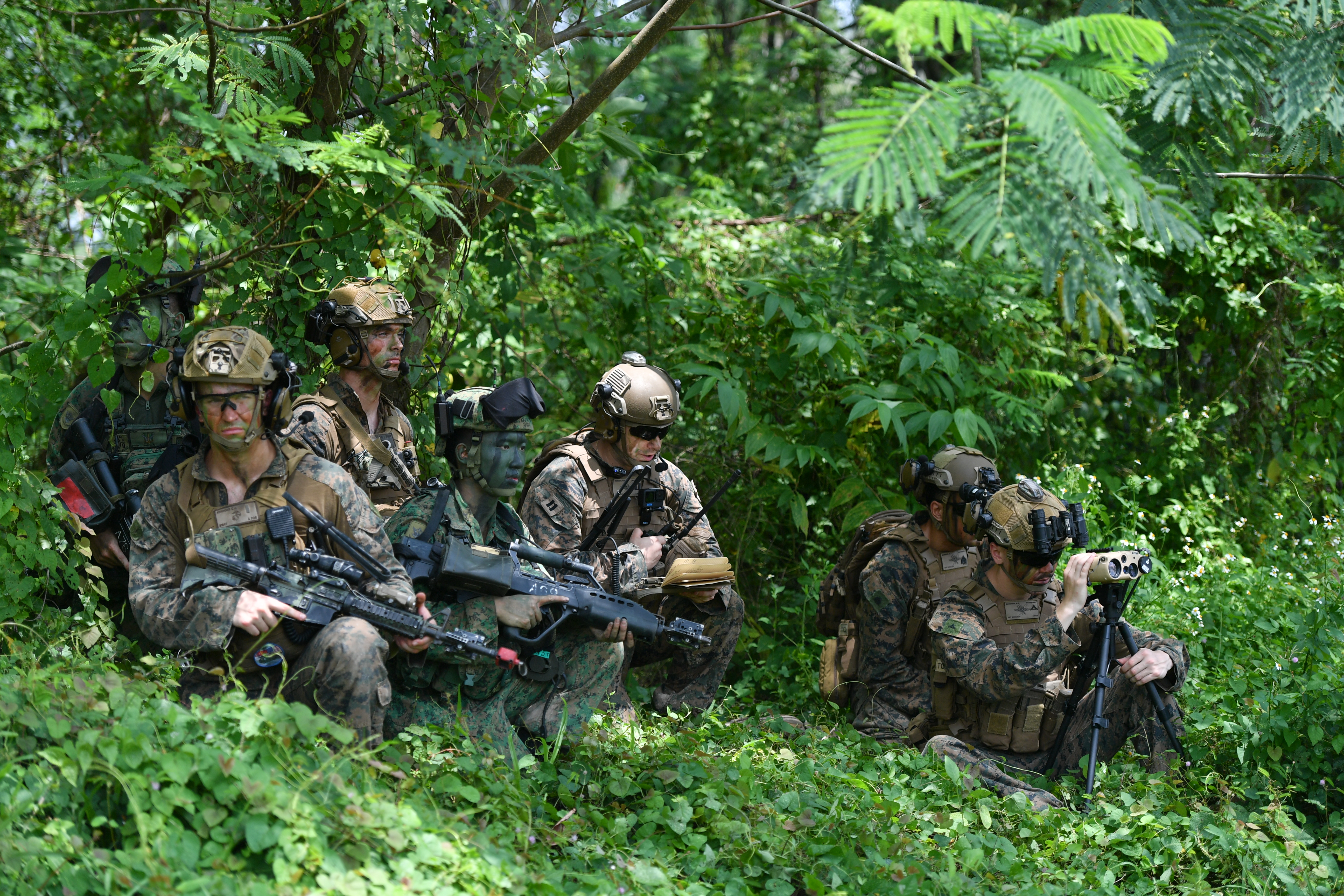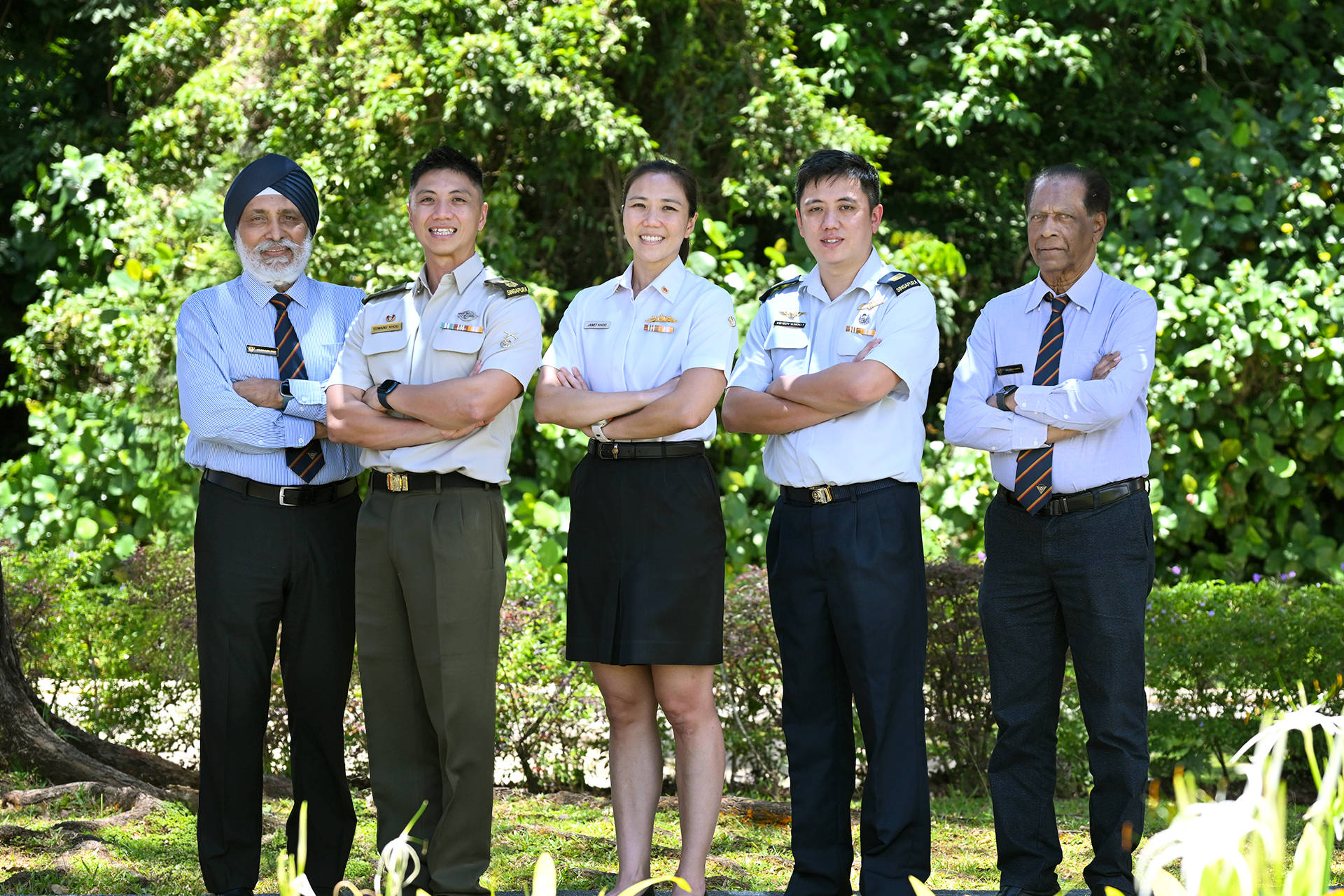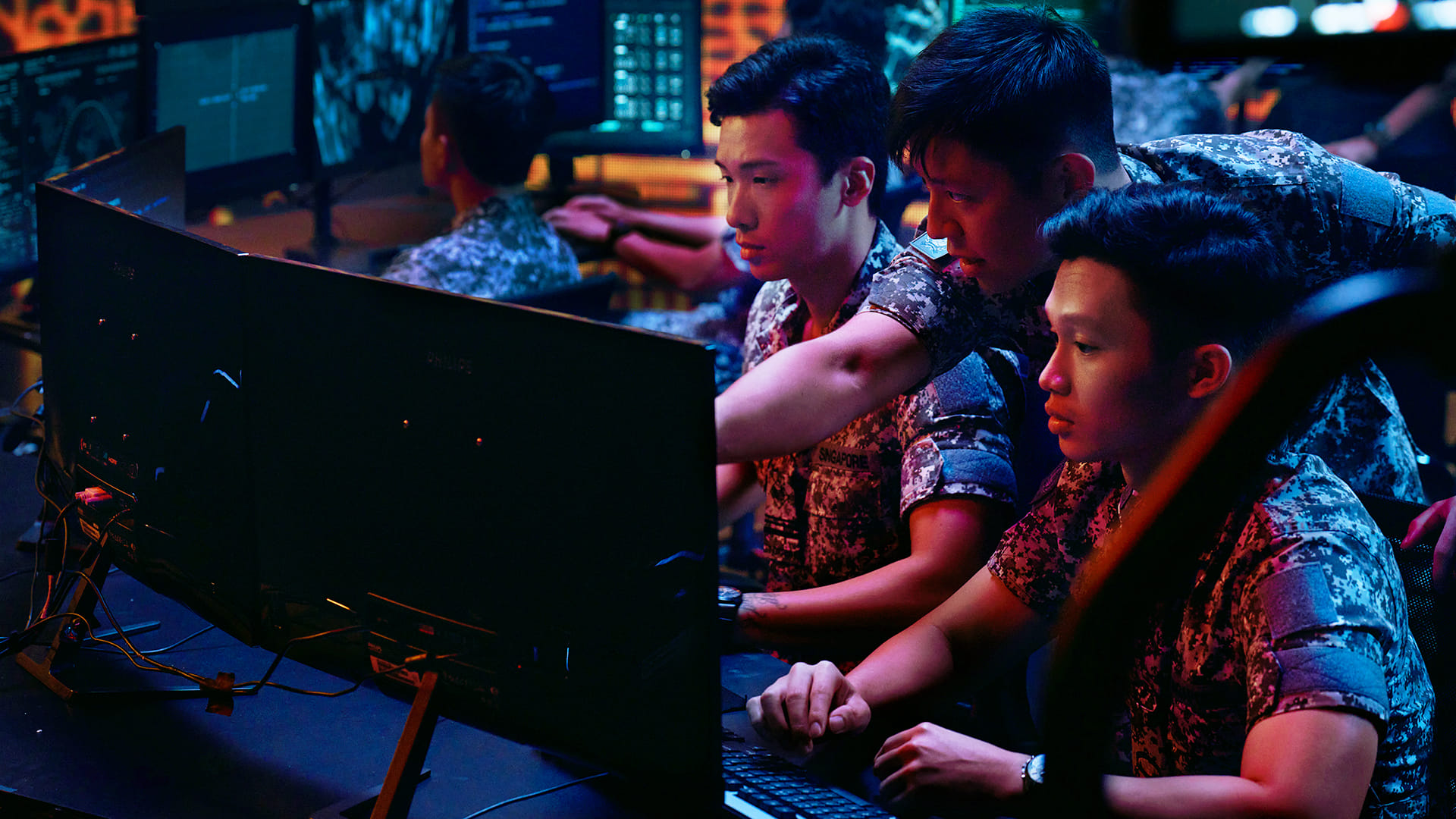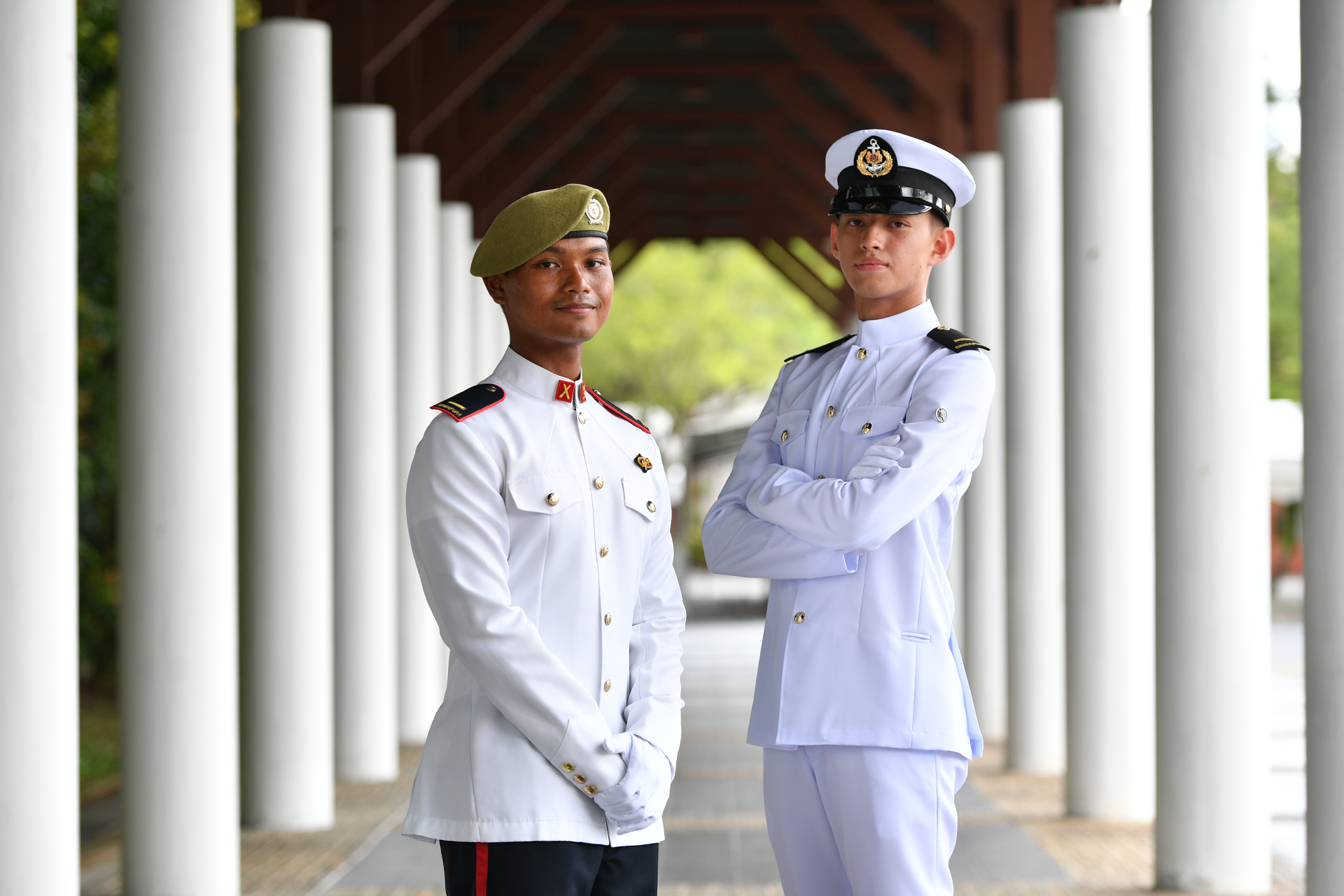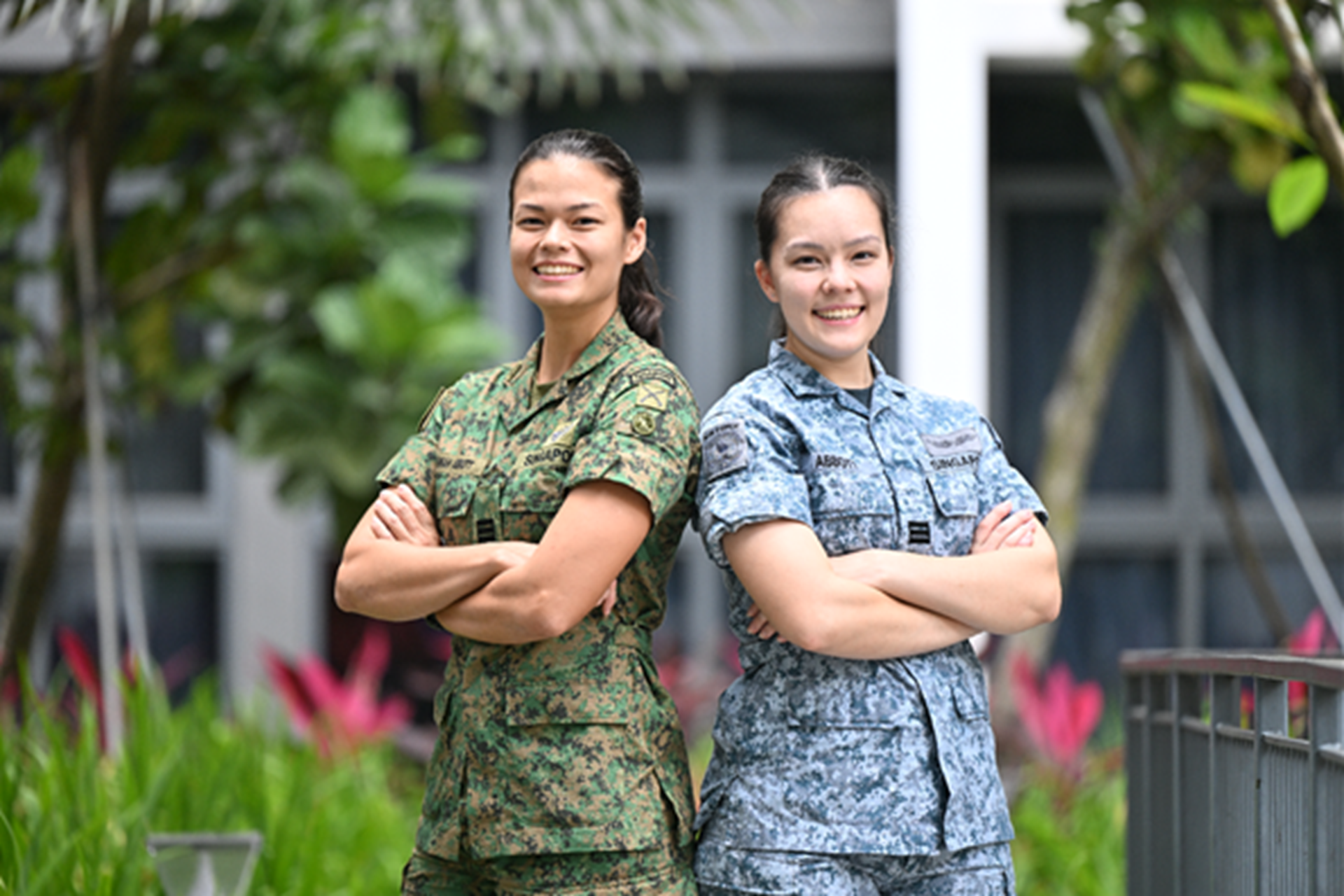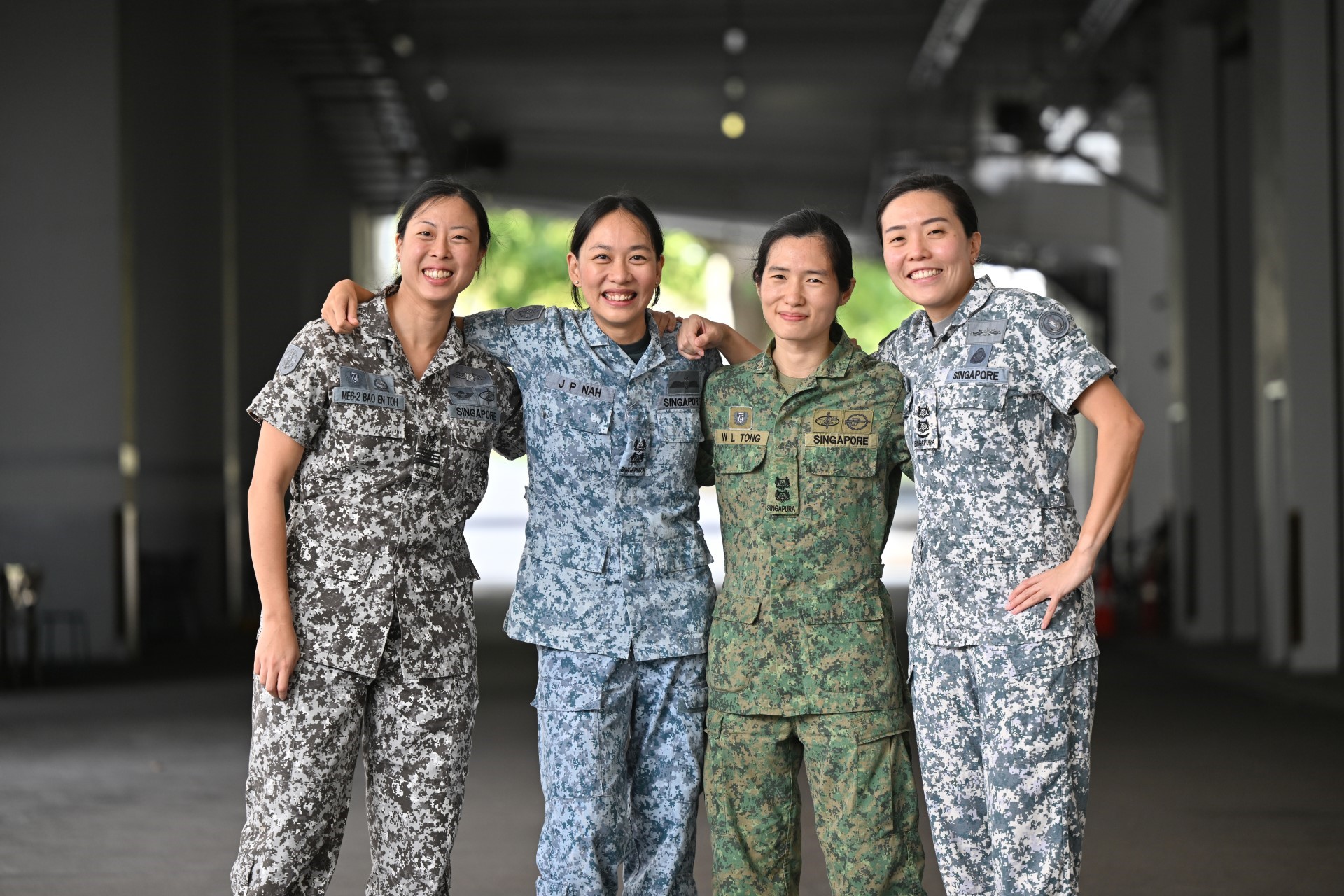RESTRUCTURING FOR SHARPER TRAINING, STRONGER NAVY
As part of a recent restructuring, the Republic of Singapore Navy (RSN) has established new flotillas with an enhanced emphasis on targeted training to helm niche capabilities.As security challenges evolve and becoming increasingly complex, the RSN is tasked to deploy for a wider variety of missions.
To strengthen its capabilities, the Navy is building new multi-role platforms – such as the Littoral Mission Vessels and the future Multi-Role Combat Vessel – and continually reviewing its organisational structure.
One significant effort is the establishment of new flotillas in the Fleet and MARSEC (Maritime Security) Command/ Maritime Security Task Force (MSTF). Chief of Navy Rear-Admiral Aaron Beng officiated the RSN Flotilla Inauguration Ceremony on 9 Mar.
Each flotilla is now responsible to "raise, train and sustain" specific naval platforms and professional competencies.
One of the key things to get right is training, as "good trainers beget good sailors", said Lieutenant Colonel (LTC) Ng Yen Meng, Deputy Commander of 1st Flotilla.
To this end, the Navy will be strengthening the training cadre in each flotilla to anchor niche domains and prepare for different missions.
Flotilla Experts to sharpen training
"A significant step is the introduction of the Flotilla Expert – the 'guru' of his or her respective vocation in the flotilla," said LTC Ng.
The Flotilla Experts – such as the Marine Systems Expert, Navigation Systems Expert, and C2 (Command and Control) Systems Expert – have deep domain knowledge and experience in their vocation.
They will focus on grooming better sailors through targeted training of those in their vocation and using data-driven feedback.
These Flotilla Experts will also work with the training schools to provide quick adjustments to training curriculum to improve the syllabus and incorporate lessons learnt.
More focus, better outcomes
One such "guru" is Military Expert (ME) 4 Alvin Ng, Electrical & Control Systems (ECS) Expert of 8th Flotilla. The 51-year-old manages the vocation training and establishes competency standards for the ECS engineers posted to the flotilla's six missile corvettes.
He also takes charge of supporting manpower for the flotilla's ECS community, and is their go-to guy for advice on anything from vocation-specific queries to questions on career progression.
"In the past, I would do mostly engineering tasks, and then some training. Training was mostly on-the-job and dependent on the experience of your seniors or issues they might have previously encountered. Today, the focus has changed.
"With this new (Flotilla Expert) role, I own and ensure the standards of the ECS community in the flotilla. With better focus on systematic training development, we can be sure of better outcomes."
This added emphasis on training development has also enhanced knowledge sharing, with more formal avenues for all the flotillas to get together as part of a wider training community, said ME4 Ng.
"Now there is sharing of knowledge and good practices, even between different classes of platforms. And when all the Experts sit down together, we talk about the same thing: how to train our people better."
Data-driven training for better outcomes
Besides establishing this new Flotilla Expert role, the flotillas are using digital tools to design targeted training at the individual and team level, and implementing data-derived findings to improve training across the entire flotilla or even between flotillas.
1st Flotilla – which is responsible for the operational readiness of the Formidable-class frigates and sea-air integration capabilities – was the first to trial the expanded training set-up last August.
As part of the trial, 1st Flotilla piloted the use of an in-house application that captures observations from training assessments and generates key trends and findings.
Said LTC Ng, 41: "By using the app to identify key areas that need improvement, it's clearer what we need to focus on in the next training and how to improve our training outcomes."
Such digital tools can also help identify areas where ships have done well, so that the training branch can look into recreating these "success factors" in other ships or across other functional areas.
More efficient training will also lead to time savings, added LTC Ng.
"If I'm able to fine tune and do targeted training, I can reduce the training time needed – this can then free up capacity for both my training branch and the ships too."
